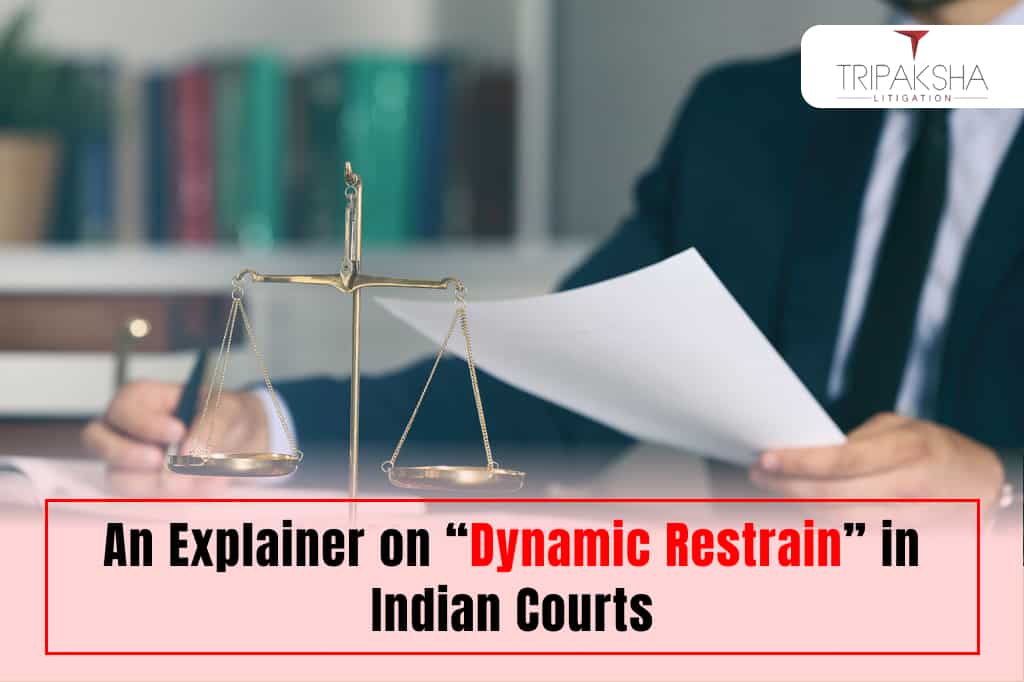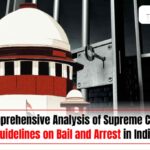Universal City Studios LLC & Ors v. DotMovies.Baby and Ors.: High Court Order Analysis
The High Court of Delhi while taking into cognisance the dynamic nature of infringement undertaken by sixteen ‘hydra-headed websites’, issued a unique ‘Dynamic+ Injunction’ to curb the threat of illegal streaming of content from various OTT platforms including Disney Enterprises, Warners Bros, Netflix Studios, Paramount Pictures, Columbia Pictures, and Universal City Studios.
Justice Prathiba Singh on dated 9th August passed an ex-parte ad interim order, wherein “dynamic+ injunction” has been issued to keep pace with the dynamic nature of infringement undertaken by “hydra-headed websites”.
An interim order was passed by the Delhi High Court, restraining sixteen rogue websites and their redirected websites to stream, reproduce, distribute, or make available copyrighted content, that also covers “future work”, of six American studios.
The order of the High Court of Delhi was passed on a petition filed by Netflix Studios LLC, Warners Bros., Disney Enterprises Inc., Entertainment Inc., Paramount Pictures Corporation, Columbia Pictures Industries Inc., and Universal City Studios LLC, wherein it was stated by the High Court that the rogue websites are allowing to view, stream, access and download their copyrighted content without any license or authorisation. It was further stated by the Court that these websites are the new versions of rogue websites that have been injuncted in other matters.
The High Court order stated that “To keep pace with the dynamic nature of the infringement that is undertaken by hydra-headed websites, this Court has deemed it appropriate to issue this ‘Dynamic+ injunction’ to protect copyrighted works as soon as they are created, to ensure that no irreparable loss is caused to the authors and owners of copyrighted works, as there is an imminent possibility of works being uploaded on rogue websites or their newer versions immediately upon the films/shows/series etc.”.
The High Court of Delhi after perusing the printouts of the different websites, observed that there is no doubt to hold that such websites do have the potential to prohibit creation of copyrighted content and disturb the thriving content creation industry around the globe, as unlicensed/unauthorised alternate platforms than those offered by the copyright owners themselves.
Justice Pratibha Singh further stated that such an injunction is being issued by the Court to “Protect copyrighted works as soon as they are created, to ensure that no irreparable loss is caused to the authors and owners of copyrighted works, as there is an imminent possibility of works being uploaded on rogue websites or their newer versions immediately upon the films/shows/series, etc.”
It was stated by the High Court of Delhi that the plaintiffs are allowed to implead any mirror/redirect/alphanumeric variations of the websites identified in the suit as Defendants Nos. 1 to 16 including those websites that have an association with Defendants Nos. 1 to 16, that may be based on the name, brand, identity or even source of content, by filing an application for impleadment of parties under Order I Rule 10 of the Code of Civil Procedure, 1908, (CPC) in the event such websites merely provide new means to access the same primary infringing websites that have been injuncted.
The studios were granted liberty by the High Court to file an appropriate application to seek protection for their copyrighted works, “including future works” if a need arise.
It was further stated by the Court that once such an application along with an affidavit is filed before the Registrar, with sufficient supporting documents and evidence to seek an extension of the injunction to such websites with an aim to protect the studios’ content, including their future work, in that case the injunction shall be operational against the said websites and with respect to such works.
The Court stated that ignoring the presence of such rogue websites would result to curtail and throttle creativity of people, this will demotivate as well as lead to frustration. That the creation of the content includes a huge investments, it includes collaboration of work of various people with creativity including authors, actors, lyricists, singers, dancers, musicians, etc. That all the efforts and works of the people involved would be jeopardized if such pirated and unauthorised content is allowed that is very easily available for the users at a very nominal price.
The Delhi High Court said that the injunction allowed by the Court should be “effective in nature” and the same should be applicable to the past content created before the filing of the lawsuit and it will also be applicable on future content that may be generated on a daily basis by the Plaintiffs.
It was further clarified by the Court that considering “The nature of the illegalities that rogue websites are indulged into, there is a need to pass injunctions which are also dynamic qua the Plaintiffs as well, as it is seen that upon any film or series being released, they may be immediately uploaded on the rogue websites, causing severe and instant monetary loss.”
It was noted by the Court that it is seen time and again that on release of any film or series, the same may be uploaded on rogue websites immediately that leads to severe and instant monetary loss. That copyright in future works immediately comes into existence upon the work being created. The Plaintiffs may not be able to approach the Court for every film or series produced in the future, to secure an injunction against piracy.
It added that “Copyright in future works comes into existence immediately upon the work being created, and Plaintiffs may not be able to approach the Court for each and every film or series that is produced in the future, to secure an injunction against piracy”.
The High Court of Delhi directed the Internet Service Providers to block the rogue websites and also asked the Ministry of Electronics and Department of Information Technology (Meity) to pass orders for blocking the websites.
It was added by the Court that the Domain Name Registrars (DNRs) of the rogue websites’ domain names, upon being intimated by the Plaintiffs shall lock and suspend the said domain names.
It further said that any details with regard to the registrants of these domain names including Know Your Customer (KYC), mobile number, credit card, etc. must also be provided to the Plaintiffs.








